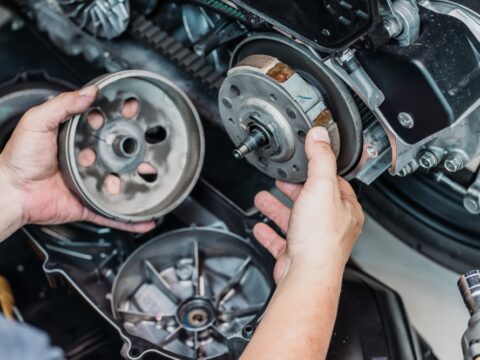Skipping an oil change might seem like a small thing, but it can lead to big problems down the road. Your engine relies on clean, fresh oil to run smoothly, and neglecting this essential maintenance can cause serious damage. In this article, we’ll explore 15 dangers of skipping that oil change and why it’s crucial to stay on top of your car’s care.
Contents
Engine Overheating
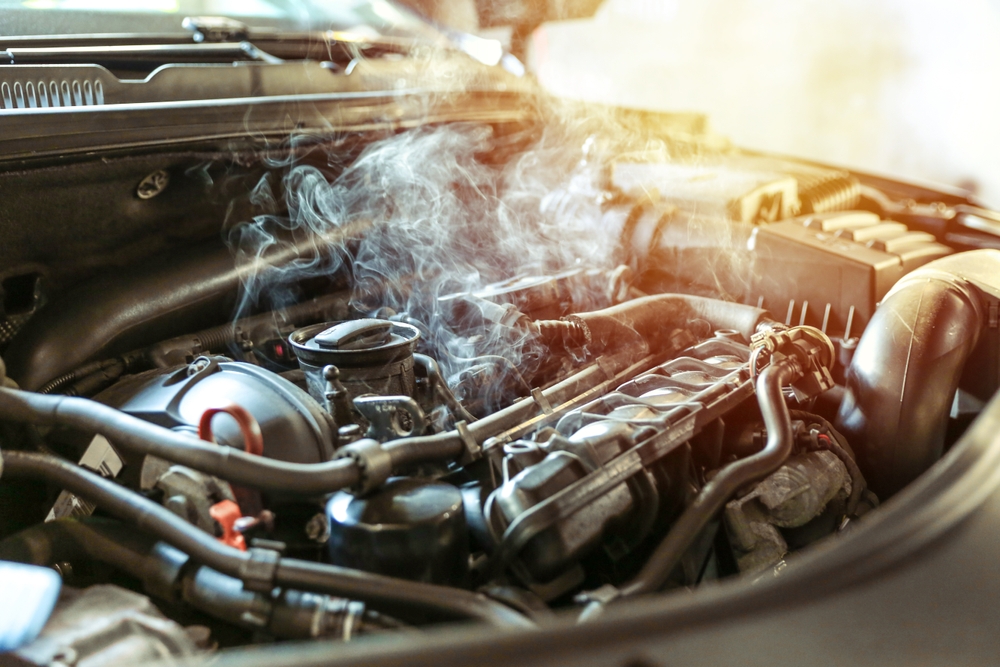
Fresh oil helps to absorb and dissipate the heat generated by your engine, keeping it running at an optimal temperature. When oil is old or dirty, it loses its ability to cool the engine effectively. This can lead to overheating, which can cause components to warp, crack, or even fail completely, leading to severe engine damage that is costly to repair.
Increased Wear and Tear
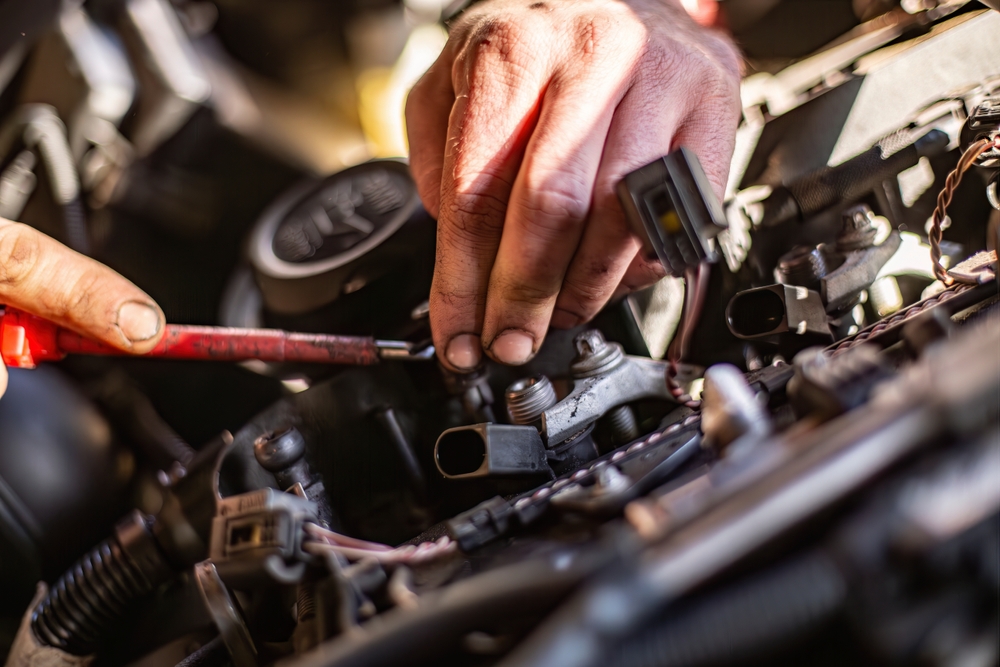
Image Editorial Credit: Shutterstock.com
Engine oil plays a crucial role in reducing friction between the moving metal parts of your engine. Over time, oil breaks down and loses its lubricating properties, causing increased friction and accelerated wear and tear. This can lead to premature aging of engine components, increasing the likelihood of mechanical failures.
Oil Sludge Buildup
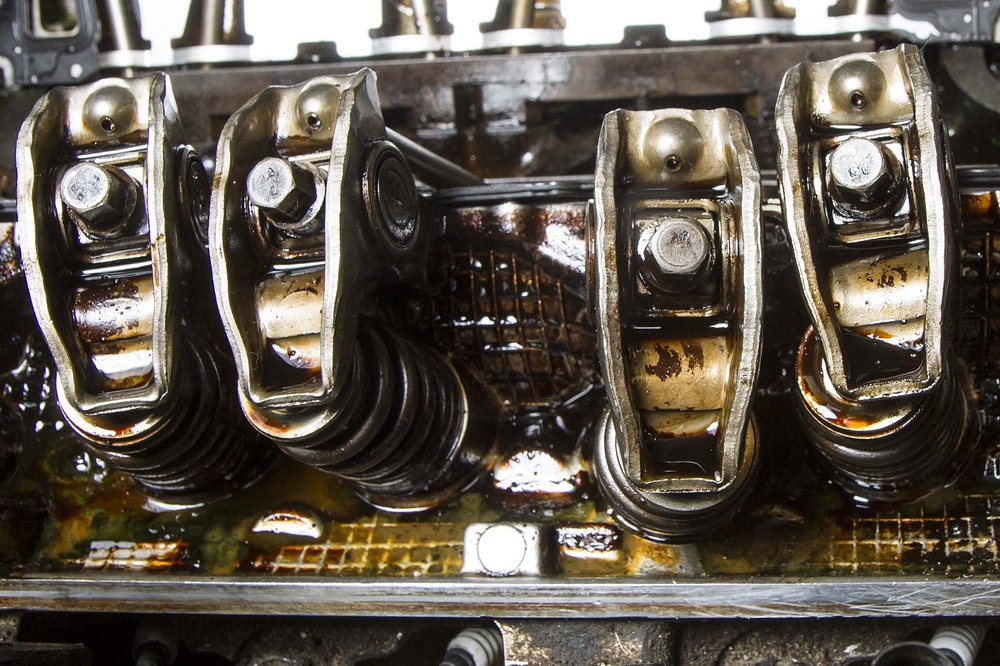
Dirty oil can thicken and turn into sludge, a sticky substance that clogs vital engine parts. Sludge reduces oil flow and can block crucial passages, leading to reduced efficiency and potential engine damage. Sludge buildup can also cause the engine to overheat, leading to further complications and expensive repairs.
Poor Fuel Economy
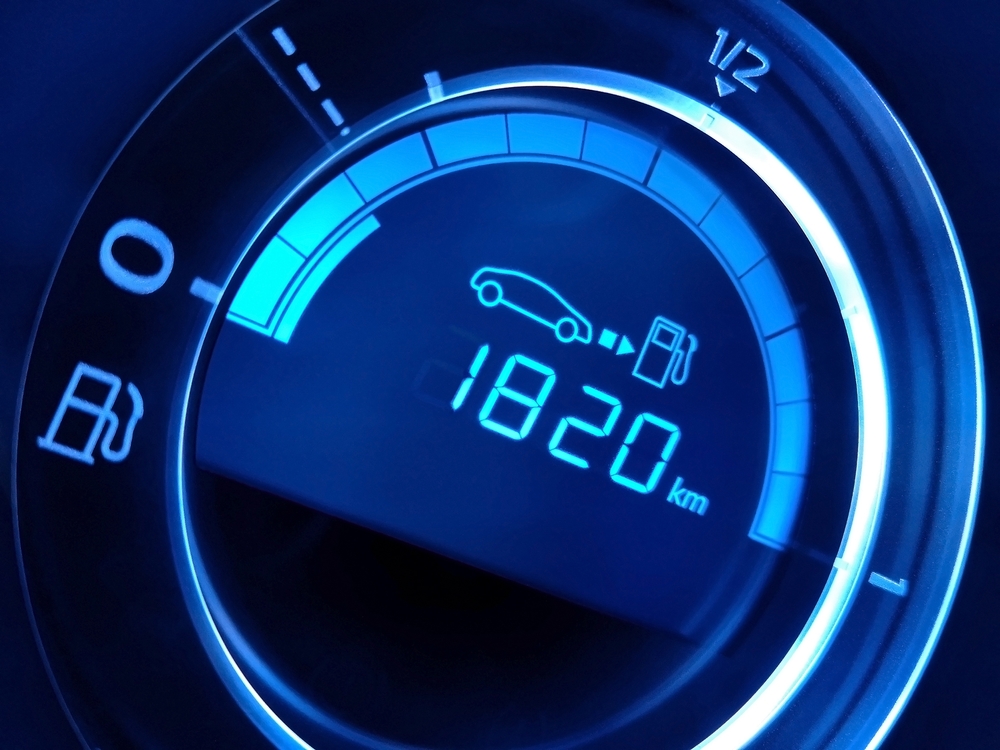
Image Editorial Credit: Shutterstock.com
Old oil loses its ability to reduce friction effectively, causing the engine to work harder and consume more fuel. This reduced efficiency results in lower miles per gallon (MPG), meaning you’ll spend more money on gas over time. Keeping your oil fresh and clean is one of the simplest ways to maintain optimal fuel economy.
Decreased Engine Performance
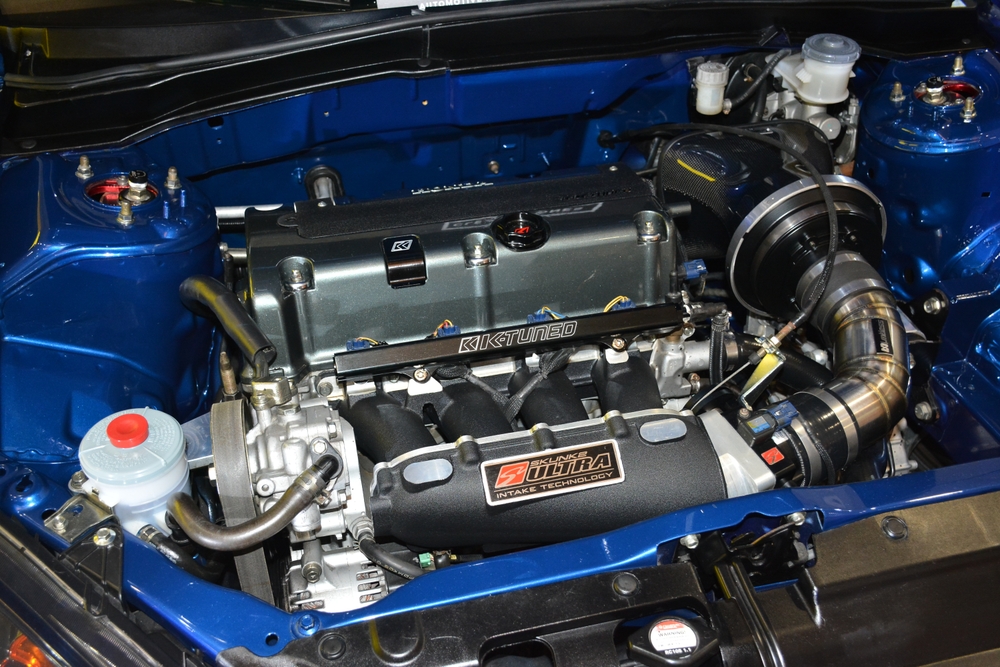
Image Editorial Credit: Shutterstock.com
As oil ages, it becomes less effective at lubricating and cleaning the engine. This can result in a noticeable drop in power, responsiveness, and acceleration. Your car may feel sluggish and less capable, as the engine struggles to perform at its best. Regular oil changes help maintain peak engine performance.
Increased Emissions
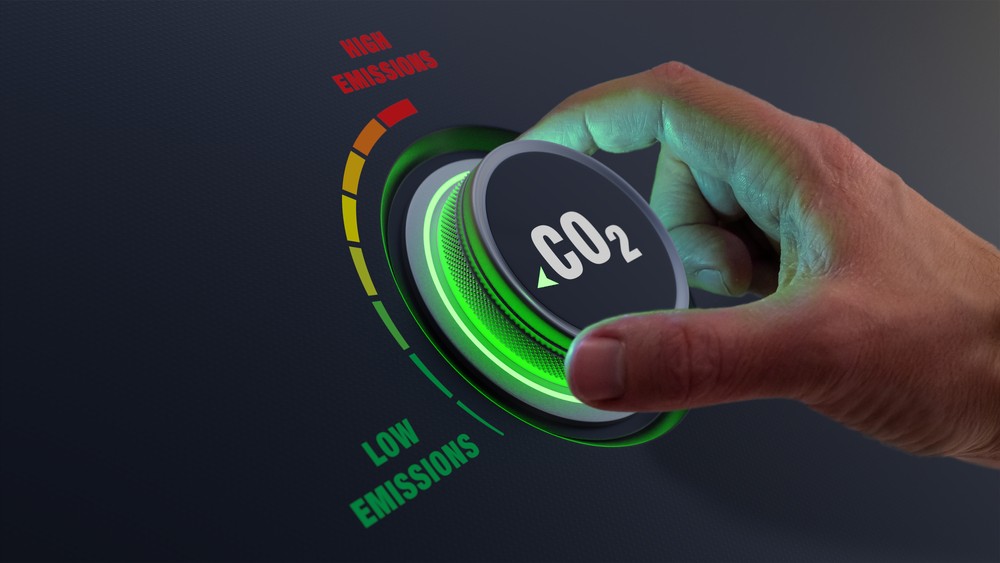
Image Editorial Credit: Shutterstock.com
Dirty oil contributes to increased engine emissions, as it becomes less effective at removing harmful particles and combustion byproducts. Higher emissions not only harm the environment but can also cause your vehicle to fail emissions tests, leading to fines or the inability to register your car.
Corrosion of Engine Parts
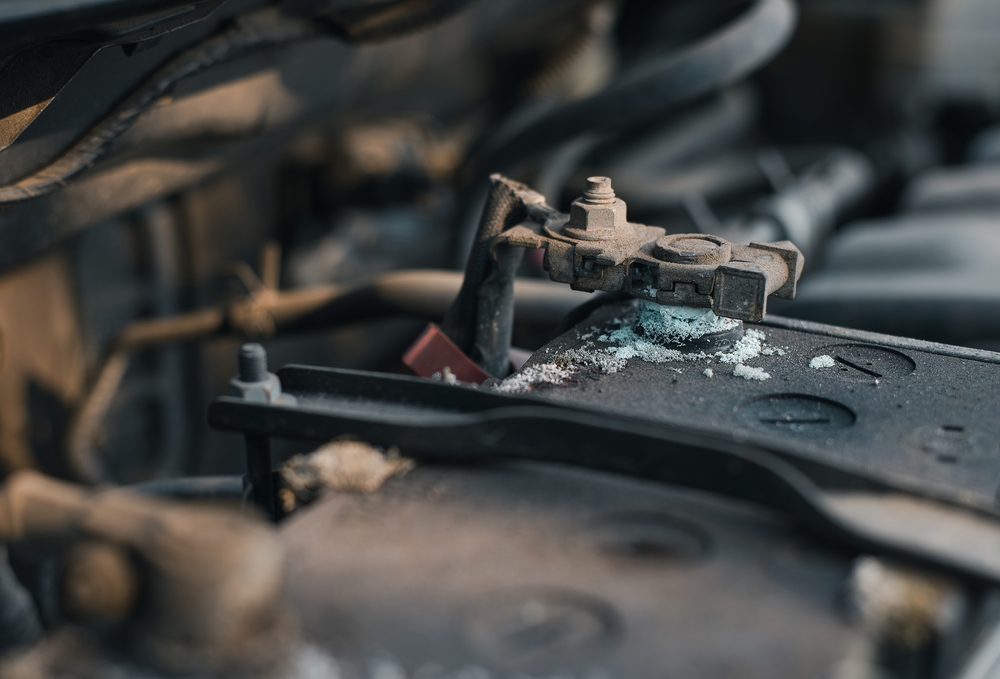
Fresh oil contains additives that protect engine parts from rust and corrosion. Over time, these additives break down, leaving your engine vulnerable to moisture and corrosive substances. This can lead to internal rusting, which weakens engine components and can cause costly damage.
Voiding Your Warranty
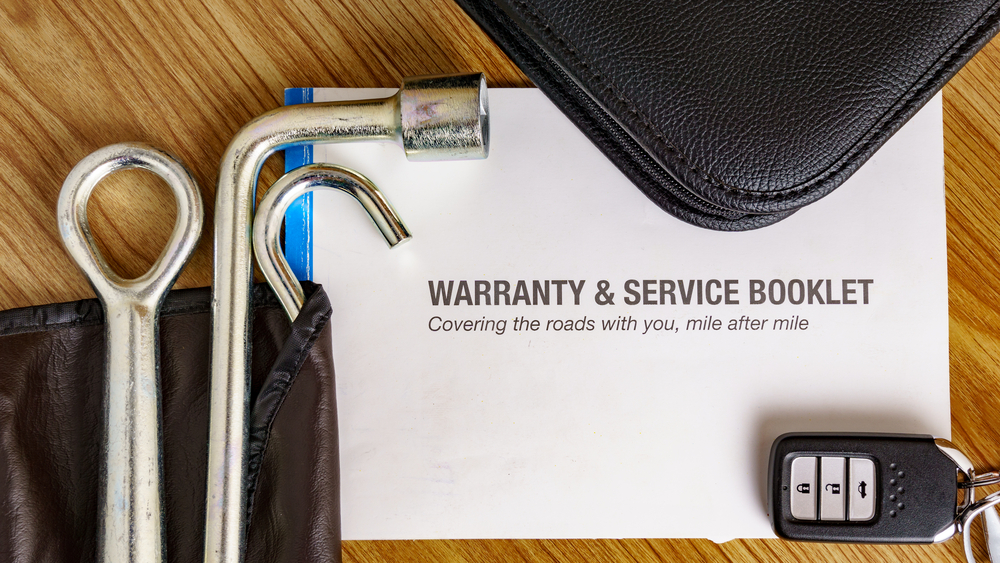
Image Editorial Credit: Shutterstock.com
Many vehicle warranties require that you adhere to a regular maintenance schedule, including timely oil changes. Skipping oil changes or extending intervals beyond the manufacturer’s recommendations can void your warranty, leaving you responsible for all repair costs should something go wrong with your engine.
Risk of Engine Knock
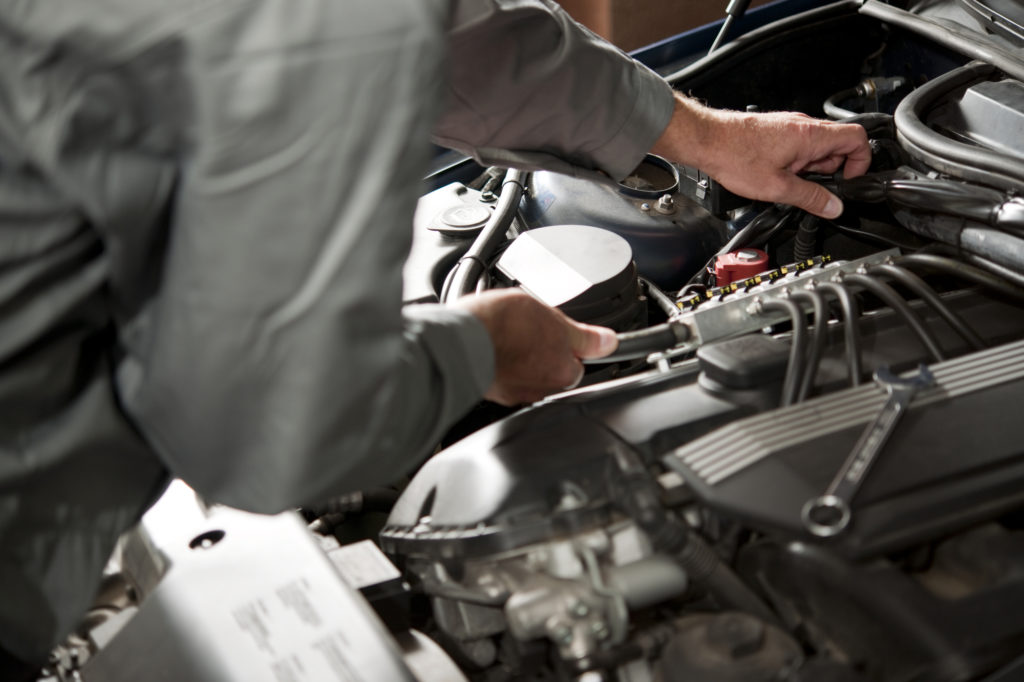
Image Editorial Credit: Shutterstock.com
Engine knock, or pinging, occurs when the fuel-air mixture in the cylinders ignites unevenly due to inadequate lubrication. Old oil loses its ability to cushion and protect engine components, leading to this knocking sound. Prolonged engine knock can cause severe damage, including piston failure.
Reduced Resale Value

Image Editorial Credit: Shutterstock.com
A well-maintained engine is crucial for maintaining your car’s resale value. Potential buyers or dealerships often request maintenance records before purchasing a vehicle. Skipping oil changes will show up in these records, making your car less attractive and lowering its market value.
Risk of Engine Failure
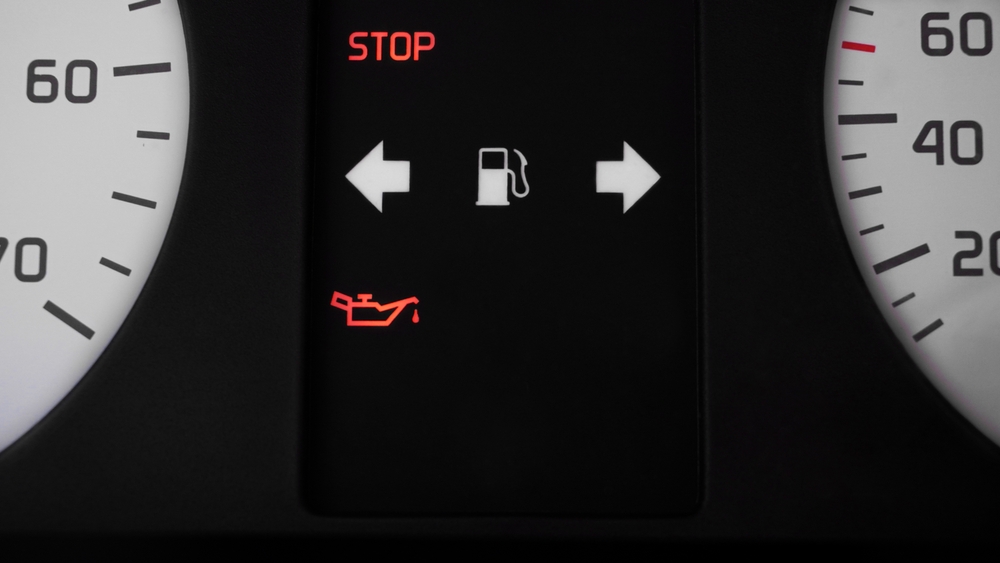
The most serious consequence of skipping oil changes is complete engine failure. Without fresh oil, engine parts wear down faster, leading to catastrophic breakdowns. Replacing or rebuilding an engine is one of the most expensive repairs you can face, often exceeding the value of the vehicle.
Contaminant Buildup
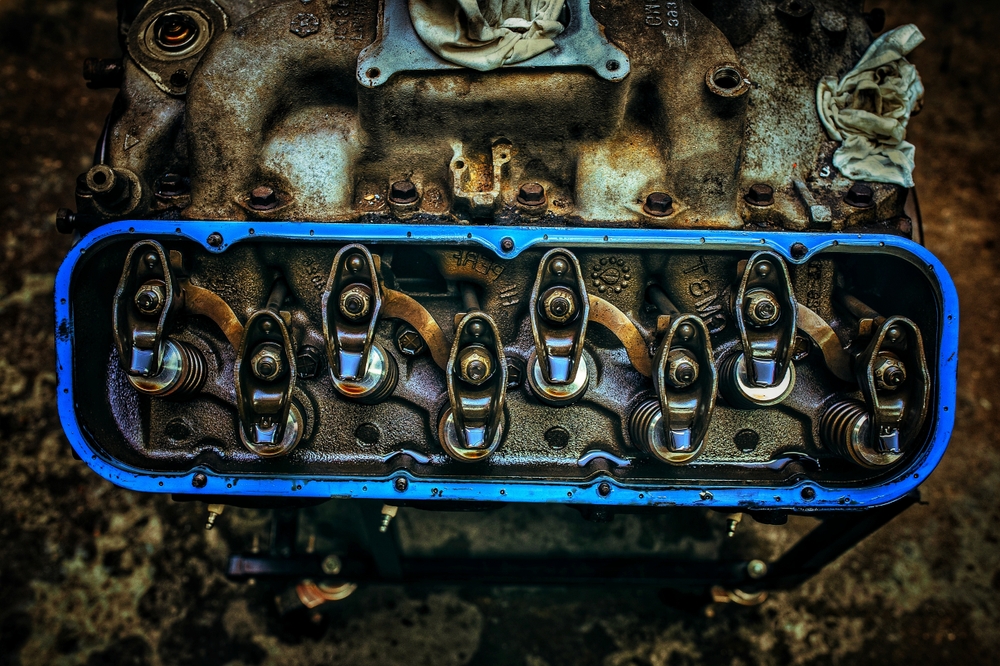
Over time, oil accumulates contaminants such as dirt, metal particles, and combustion byproducts. These contaminants can cause significant wear on engine components, leading to increased friction, overheating, and eventual engine damage. Regular oil changes flush out these harmful particles, protecting your engine.
Damage to the Turbocharger
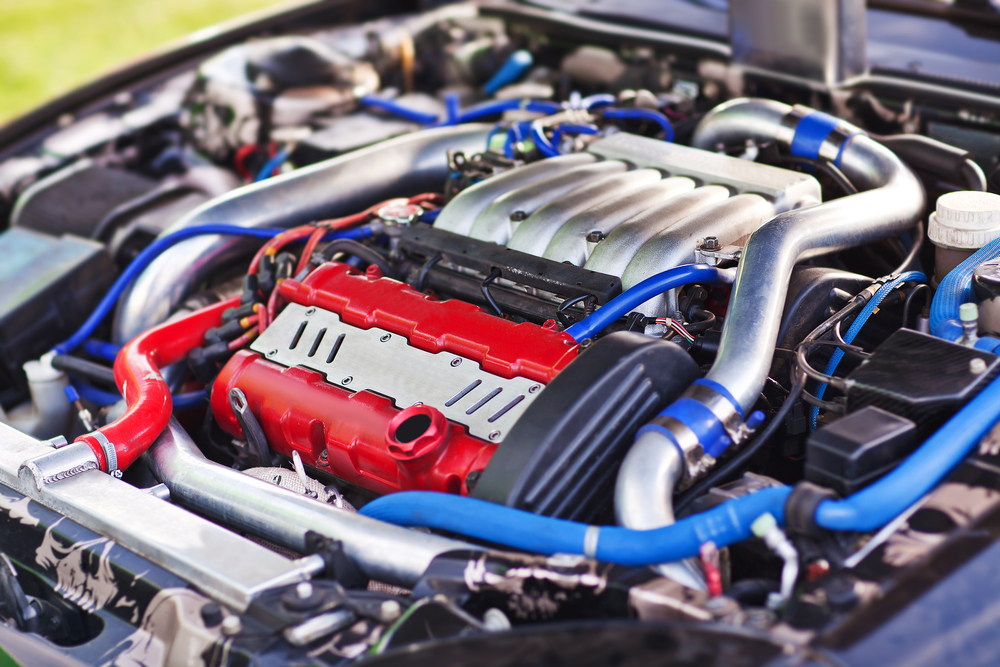
Image Editorial Credit: Shutterstock.com
Turbocharged engines require high-quality, clean oil to operate efficiently. Skipping oil changes can cause poor lubrication and increased friction within the turbocharger, leading to premature failure. Replacing a turbocharger is a costly repair that can easily be avoided with regular oil changes.
Poor Cold Start Performance
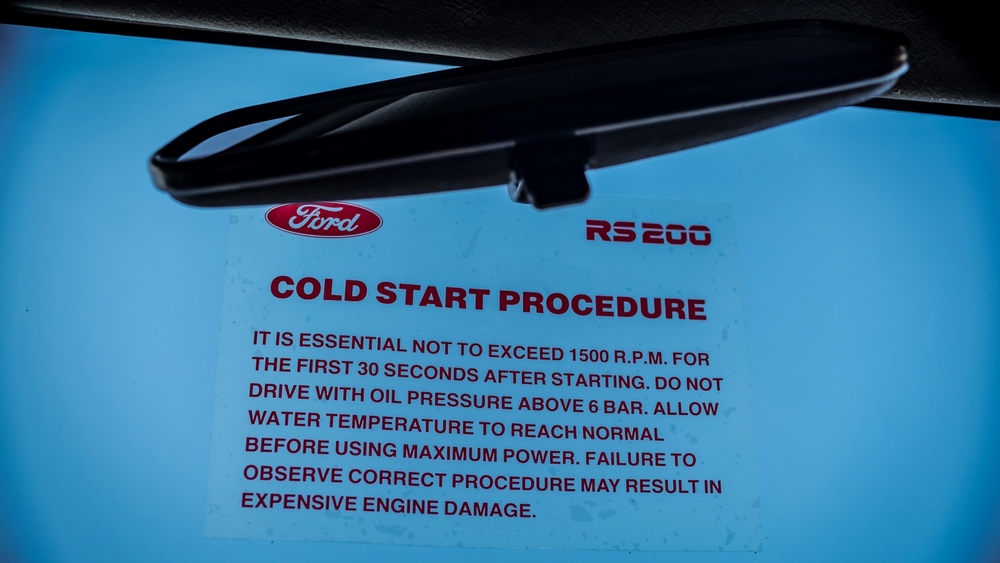
In cold weather, oil tends to thicken, making it harder for the engine to start. Old oil, which has already lost some of its viscosity, thickens even more in the cold, leading to poor cold start performance. Regular oil changes ensure that your engine has the right viscosity to start easily in any weather.
Increased Engine Noise

Image Editorial Credit: Shutterstock.com
As oil degrades, it becomes less effective at reducing friction and cushioning engine parts. This can lead to increased engine noise, such as ticking, knocking, or grinding sounds. These noises are often signs of increased wear and tear, which can lead to more serious issues if not addressed promptly.
This article originally appeared in MyCarMakesNoise.
More from MyCarMakesNoise
17 Vehicles Prone to Frequent Breakdowns You Should Avoid

Every car owner hopes for a reliable ride, but some vehicles have a knack for disappointing expectations with their frequent breakdowns. We delve into various models from acclaimed manufacturers such as Audi, Dodge, and Toyota, revealing why they’re more prone to mechanical and electrical issues. Read More
20 Iconic Supercars of the ‘90s That Defined the Era

The 1990s was an era of groundbreaking automotive innovation, giving birth to some of the most epic supercars ever built. These vehicles not only pushed the boundaries of speed and design but also set new standards in performance and technology. Read More
20 Electric Vehicles to Avoid Due to Reliability Concerns

Electric vehicles have come a long way, but not all models have hit the mark. In this article, we explore 20 electric cars that, despite their initial promise, fell short in various aspects. Read More

